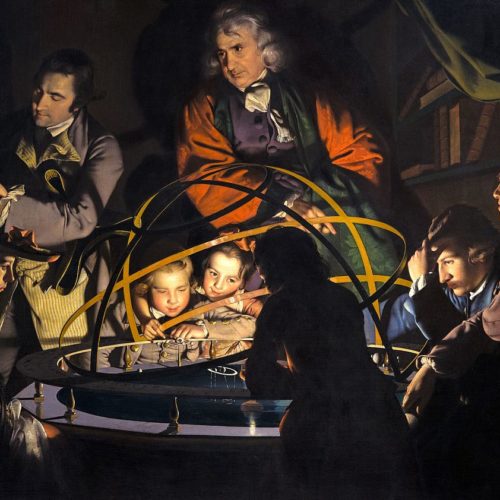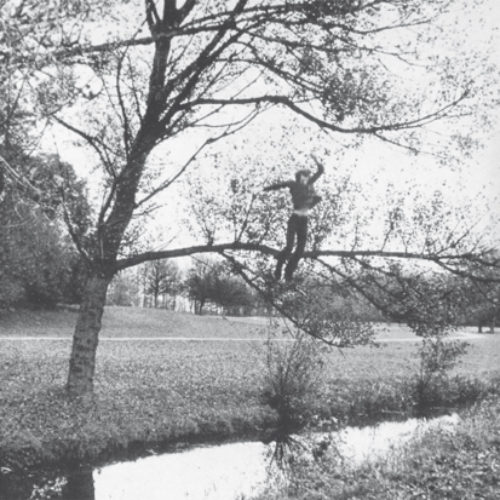In the last article I talked about the holding environment required for someone in a phase around preadolescence where they see the world through their own needs and interests. They are learning theory of mind and require some stability in how people respond to their actions. This environment also helps give rise to the subjective concept of a future self that depends on one’s current actions.
It is only through this environment that we can evolve, that we can hear the call to higher awareness. In this article I try to describe how this environment naturally leads to its own demise and later to its rebirth into a higher morality of mutuality in interpersonal relationship.
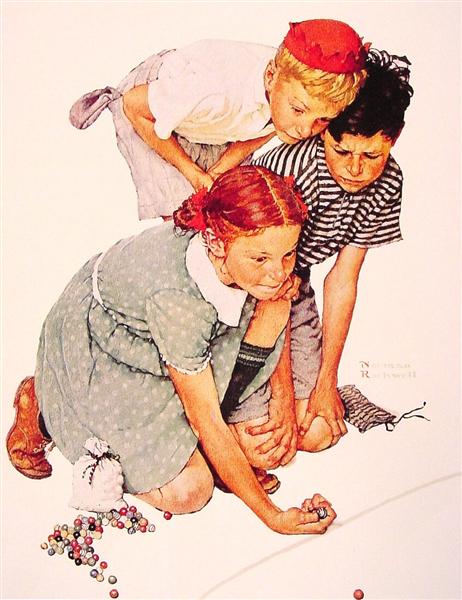
It seems counterintuitive that in order to help someone become less egocentric, you must sometimes allow them to get things done on their own. The last article was about providing the holding environment to the “imperial” child, coined by Robert Kegan. My claim was that it is a necessary egocentrism that must be supported before it can be transcended.
The Perfect Place for the Learner
The place that the person understands that comprises this holding state is discussed in detail in the last article. Briefly, it is where the person understands herself as being in a world that promotes her pursuit of interests and her use of skills to accomplish her needs physical and social. To belief in this story, the environment needs to cohere.
Even at this stage, which can the thought of as task-focused, requires the social environment to support the imperial child. As a child discovers his abilities in manipulating the physical world, he is also understanding his social capabilities such as his relative status and is ability to communicate. If the social world is unreliable, then he will never be able to understand the connection between the social actions he makes and their effects on his future self.
Transcending this stage requires some innate social skills in communicating with people and convincing them to help you, but it also requires those around you to be straightforward enough to be clear in the results of your actions.
The child uses other people, but also his present self, to reach his goals. He and others become a means to satisfy a future need. Being in this environment allows a child to understand his potential self, and work towards it. The connection grows between me now and me tomorrow. This is a comfortable place to be in, but how do we evolve out of it?
The Call Out of Egocentrism
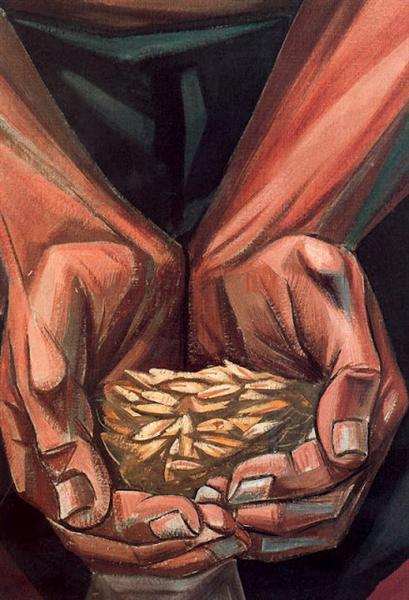
The call out of the egocentric holding environment is not a pleasant thing to experience, it is a call that on must leave a comfortable and prosperous place. Someone might happily head the call to mutual relationships not out of heroic duty but because he could not achieve his needs with is own acts. Here the adventure does not restore a good world but avoids a harsh one.
Once the preadolescent child finds that her efforts toward bettering her future needs are contingent upon the integrity of relationships, the egocentric viewpoint shows its cracks. One makes the connection that betrayal of a friend causes all positive acts to be negated by a selfish or malevolent act. One realizes that how one treats another changes how they see you, that their perspective matters, rather than how you “use” them. Discovering the importance of the other’s subjectivity elicits a call to a different morality where thinking egocentrically cannot be the guide for action.
One realizes that the groups and community that you are in allow for you to meet your goals more than your own projects. They can also tear you down, ostracize you, and keep you from their needs if you do not treat them according to how they want you. Status for this stage goes from competition and skill to how you can contribute or add to the group that confers status upon you.
This conflict between egocentric needs and the needs of others is only noticed when the child is held in a place of being able to competently and reliably achieve needs through interaction with the world and others. You cannot see your dependence on others if you do not see the connection between actions and outcomes and become competence in navigating that world. While one is still attempting to control his life with selfish act, he cannot sacrifice his efforts for the higher aim of mutual relationships.
How to Hear the Call
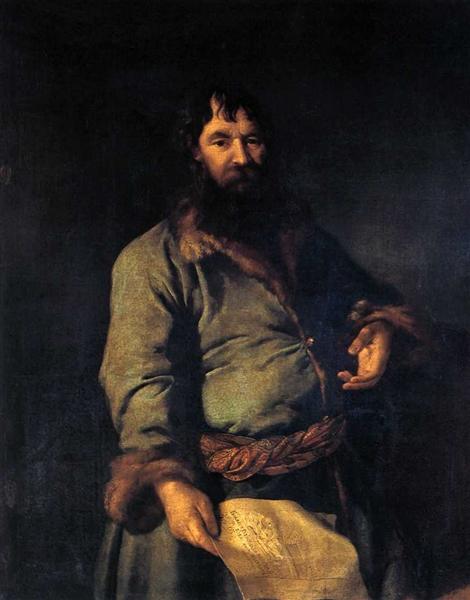
Keeping in mind the person at this stage of development is unable to see others as equally important as they are, feedback has only been about their needs. It is the easy route to reward prosocial behavior as if it will help someone evolve morally. Unfortunately, that method does not help someone reach outside of their embeddedness in their own needs. To hear the call is to be threatened by the newly discovered feeling of “I am happy when you are happy,” which comes often as a threat of a new way of seeing the world.
Many people, who never have the holding environment, will continue to look at others as being the obstacles or their means to their needs, rather than inseparable from their needs. This is not often because they are particularly good at manipulation, but they are used to people coming and going in their lives, where any investment in others is easily lost. The call out of the egocentric viewpoint is not heard because that viewpoint is still chaotic.
You will hear the call when you look to master a skill, and you get results. You gain advantages like status in your social world, but you hoard the gifts of your skill (for they are a means to your needs). You are competitive and realize the limit of your efficacy in the world: it means little to those that matter. One’s effort to the top of competence lead to isolation, not happiness. The emptiness of this isolation is the call, the anxiety of climbing the wrong ladder is the call, self-sabotaging of those skills is the call.
But you did not climb the wrong, ladder. You climbed the ladder that you could, one of learning how to gain your own needs so that now you may know, to some depth, the needs of others. The adventure is the learning how to transfer one’s competence from gaining one’s needs to helping others achieve their needs.

